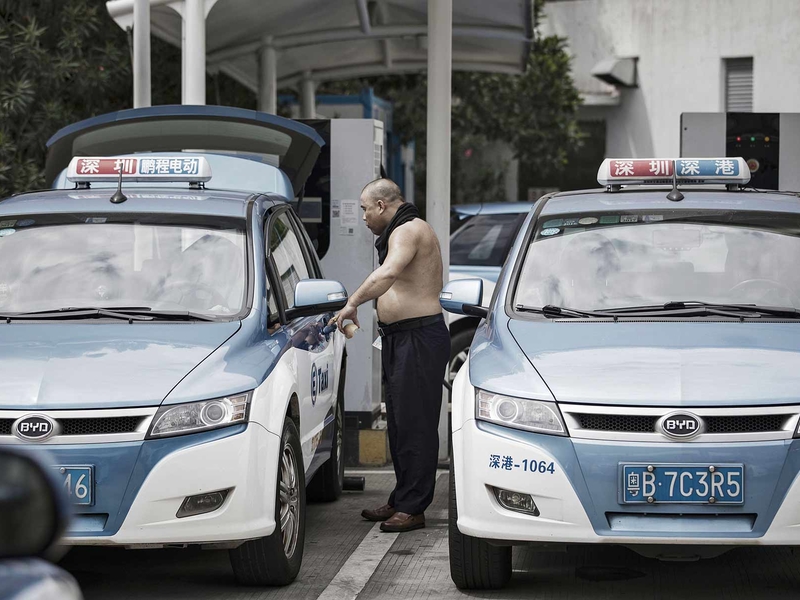
BEIJING — China will cut subsidies on new energy vehicles such as electric cars by 10 percent this year, the finance ministry said Thursday, following a decision last month to continue providing incentives to buy cleaner light vehicles.
The government had announced plans in 2015 to end the subsidies this year, but said in March it would extend them.
China has set a target for NEVs, which include plug-in hybrids and hydrogen fuel cell vehicles, to account for a fifth of auto sales by 2025, compared with 5 percent currently, as it seeks to cut pollution and cultivate the domestic auto industry.
Under the new plan, China will extend subsidies on NEVs to 2022, and exempt sales taxes for two years.
However, the subsidies will apply only to passenger cars costing less than 300,000 yuan ($42,376). That is likely to exclude premium electric vehicles such as those built by Germany’s BMW and Daimler.
Tesla Inc.’s China-made Model 3 sedans, meanwhile, are currently priced at 323,800 yuan before subsidies, meaning the U.S. EV maker will have to reduce prices to qualify for the incentives.
China will in principle cut subsidies by 20 percent in 2021 and 30 percent in 2022, the finance ministry added.
But it will not reduce subsidies on commercial NEVs for public purposes this year.
China is the world’s biggest car market, where more than 25 million vehicles, including 1.2 million NEVs, were sold last year.
The government will raise the requirements for the driving range and power efficiency of cars that qualify for the subsidies, the statement said.
It also said regulators would support the sale of cars with swappable batteries, a technology that has been pursued by Chinese electric vehicle makers Nio Inc. and BAIC BluePark.
In addition, when the authorities buy vehicles for government use, they will prioritize NEVs, it added.
The new policy is effective from April 23.
“This extending of subsidies will give the industry long term support but is unlikely to impact short term sales much,” said Cui Dongshu, secretary general at China Passenger Car Association.
Global automakers including Volkswagen, General Motors and Toyota are ramping up EV production in China to meet stricter government regulations.
Sales of NEVs fell for a ninth month in a row in March and were down over 50 percent from a year earlier, according to data from the China Association of Automobile Manufacturers, as demand for vehicles plunged due to the coronavirus crisis.